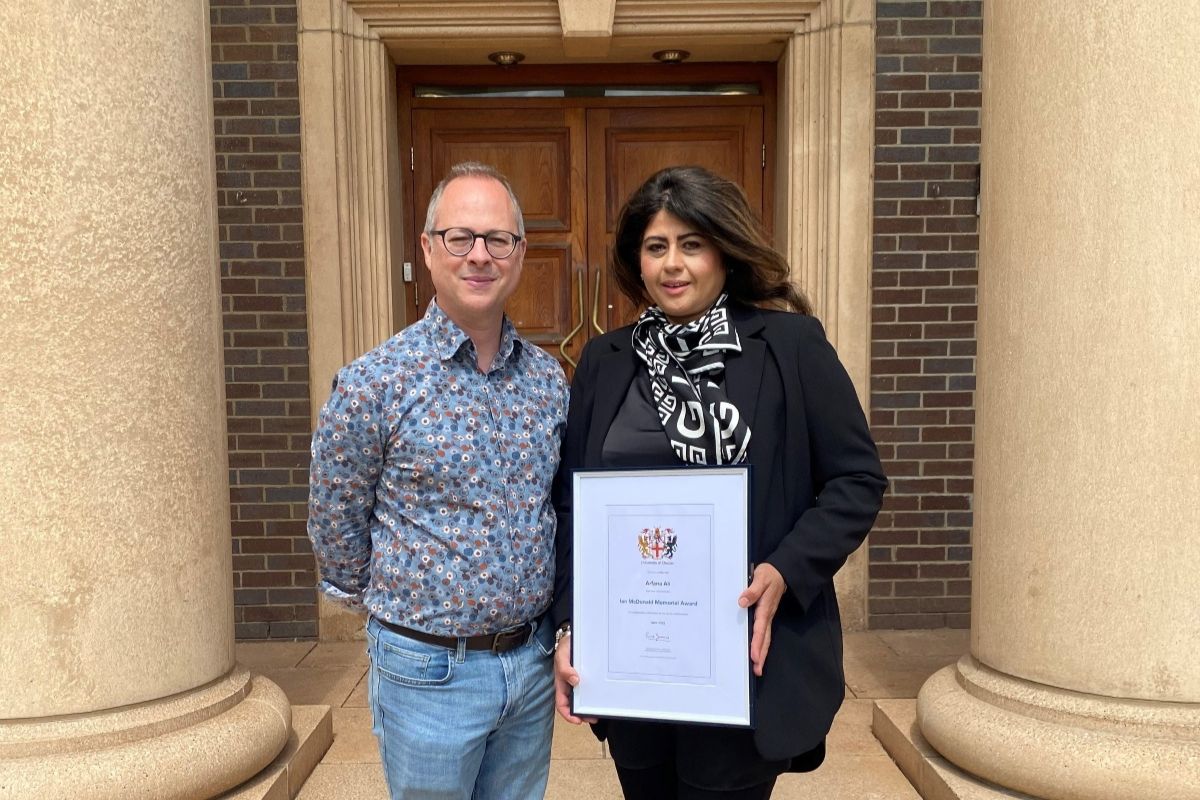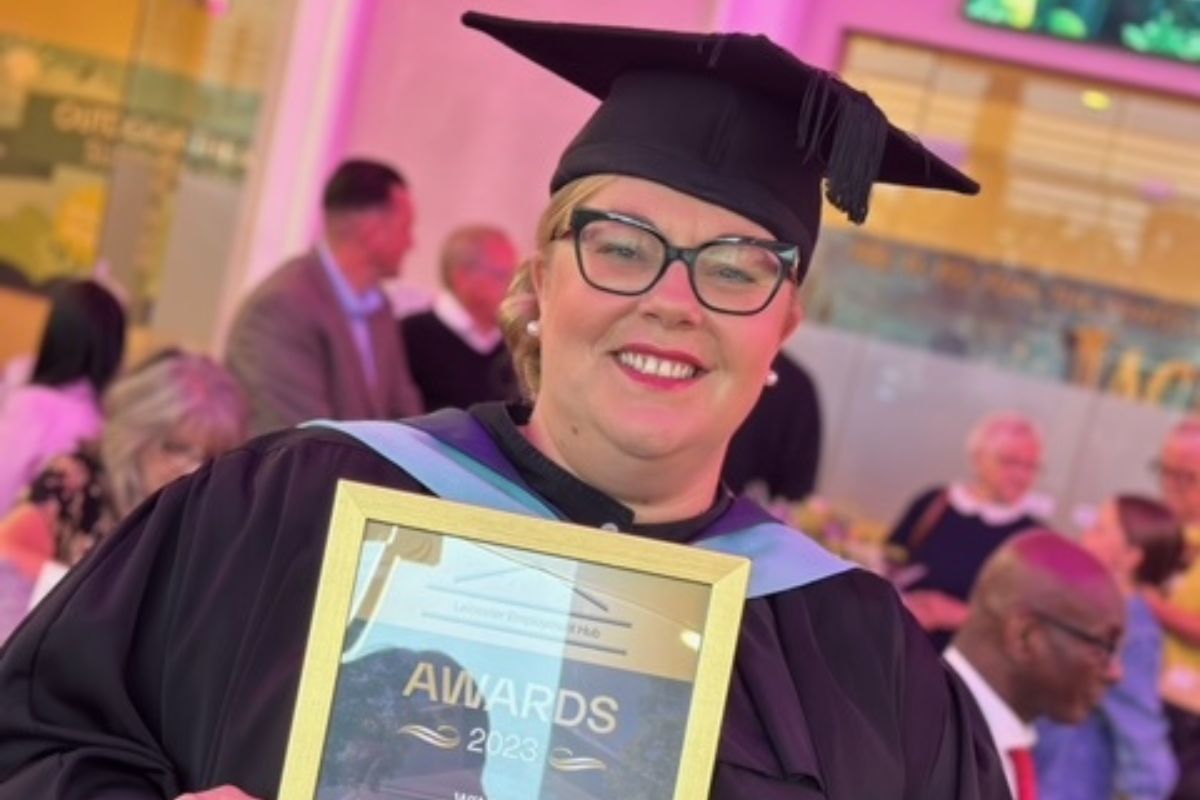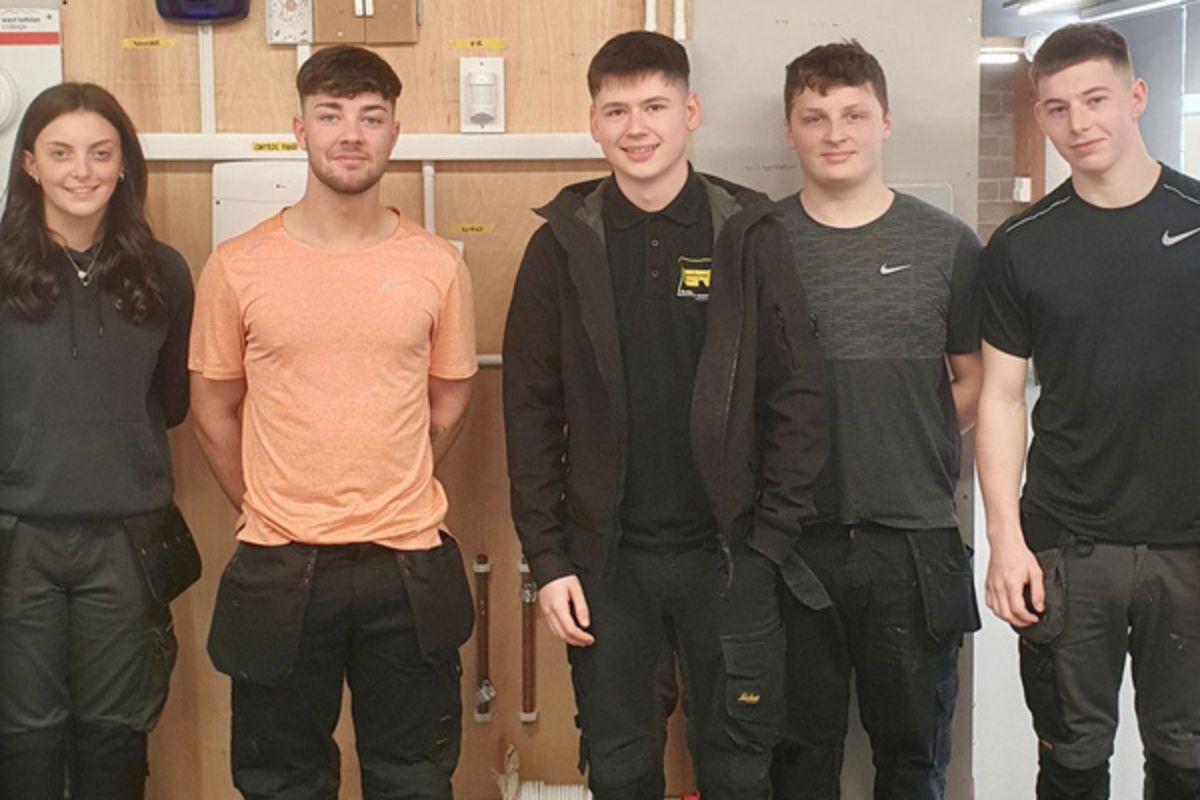Early-career payments for teachers

Mathematics, physics, chemistry and languages teachers can check whether they can apply for the early-career payments pilot. The amount teachers get depends on where they teach in England.
When to apply and payments
You need to apply at different times depending on:
- the subject you teach
- when your ITT course started in (postgraduate) or finished in (undergraduate)
Each application window will be open for 5 months from September in the year stated.
You may also be entitled to an uplift payment.
Maths
2018 to 2019
- Payment if you apply in 2021 or 2023 – £5,000
2019 to 2020
- Payment if you apply in 2022 or 2024 – £5,000
2020 to 2021
- Payment if you apply in 2022, 2023 or 2024 – £2,000
Chemistry: 2020 to 2021
- Payment if you apply in 2022, 2023, 2024 – £2,000
Physics: 2020 to 2021
- Payment if you apply in 2022, 2023, 2024 – £2,000
Languages: 2020 to 2021
- Payment if you apply in 2022, 2023, 2024 – £2,000
Paying Income Tax and National Insurance
An early-career payment is taxable income, but the Department for Education will pay Income Tax and National Insurance contributions due to HMRC for you. This means that the payment amount is after tax.
The payment is not part of your salary from your employer. You, your employer, or the government will not make a contribution to your pension as part of this payment.
Student loan deductions
If you have a student loan then a small deduction will go towards repaying your student loan. This is taken off your payment automatically.
Eligibility criteria
You must meet the training, employment and performance criteria.
Training
You will be eligible if you started a postgraduate initial teacher training (ITT) course or completed an undergraduate ITT course in the following subjects and academic years:
- mathematics in the 2018 to 2019, 2019 to 2020 or 2020 to 2021 academic year
- physics, chemistry and languages in the 2020 to 2021 academic year
Postgraduate ITT includes:
- university-led and school-led courses like the Postgraduate Certificate in Education (PGCE)
- School Direct ITT
- School Centred ITT (SCITT)
- Teach First
Undergraduate ITT includes:
- Bachelor of Arts (BA) degree with qualified teacher status (QTS)
- Bachelor of Science (BSc) degree with QTS
If you were awarded QTS through assessment only or overseas recognition in academic years 2018 to 2019, 2019 to 2020, or 2020 to 2021, you will also be eligible.
Employment
You must have QTS or qualified teacher learning and skills (QTLS).
If you have QTLS you must be a member of the Society for Education and Training (SET) to apply.
You must be employed in a state-funded secondary school when you apply for the payment. State-funded secondary schools include:
- local authority-maintained secondary schools (including middle-deemed secondary schools)
- academies, free schools or multi-academy trusts
- special schools (local authority-maintained or non-maintained)
You must:
- still be working as a teacher in a state-funded secondary school in England when you apply for an early-career payment
- have started your induction before applying for your first early-career payment
- have completed your induction before applying for subsequent early-career payments
- have spent at least 50% of your contracted hours allocated to teaching one or more of the eligible subjects at the time of the application
Supply, private school and sixth-form college teachers
If you are a supply teacher, you must be employed directly by the school to be eligible. You must have been working for at least one term before applying. You cannot come from a private agency.
If you teach in a private school or sixth-form college, you are not eligible.
Part-time teachers
If you are a part-time teacher, you are eligible for the same early-career payment amounts as full-time teachers.
You still need to meet the same eligibility criteria in full.
Breaks in teaching
You are allowed to have some breaks in your normal employment which include:
- sickness, maternity, paternity, parental or adoption leave
- annual leave
- time between unfair dismissal and an employee being reinstated
- military service, for example with a reserve force
- temporary lay-offs
Performance
You must not currently be subject to any:
- formal performance measures as a result of continuous poor teaching standards
- any disciplinary action
Local authorities with uplift payments
You will need to teach in an uplift area at the time you apply to be eligible for an uplift payment.
All payments of £5,000 increase to £7,500 in an uplift payment area.
All payments of £2,000 increase to £3,000 in an uplift payment area.
The local authorities are:
- Barnsley
- Blackpool
- Bracknell Forest
- Bradford
- Coventry
- Derby
- Doncaster
- Dudley
- East Riding of Yorkshire
- Halton
- Isle of Wight
- Kingston Upon Hull, City of
- Kirklees
- Knowsley
- Leicester
- Liverpool
- Luton
- Middlesbrough
- Milton Keynes
- North Lincolnshire
- Northumberland
- Nottingham
- Oldham
- Peterborough
- Portsmouth
- Reading
- Rochdale
- Salford
- Sandwell
- Sefton
- Sheffield
- St. Helens
- Stoke-on-Trent
- Swindon
- Tameside
- Telford and Wrekin
- Walsall
- Warrington
- Wolverhampton
Contact
If you have any questions about the early-career payments, email [email protected].
Published 5 October 2019
Last updated 21 May 2021 + show all updates
-
Updated eligibility criteria and payment details.
-
First published.












Responses